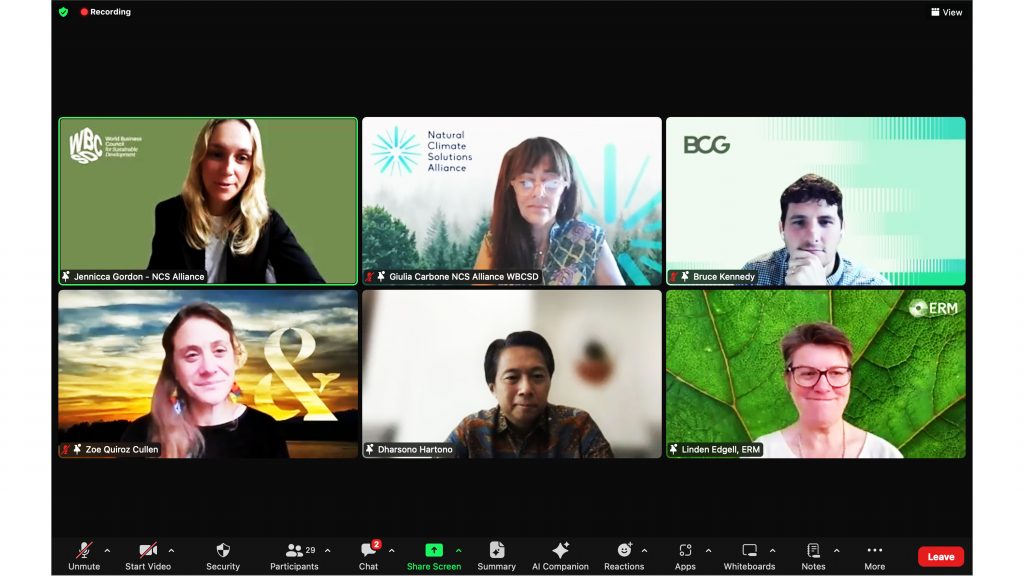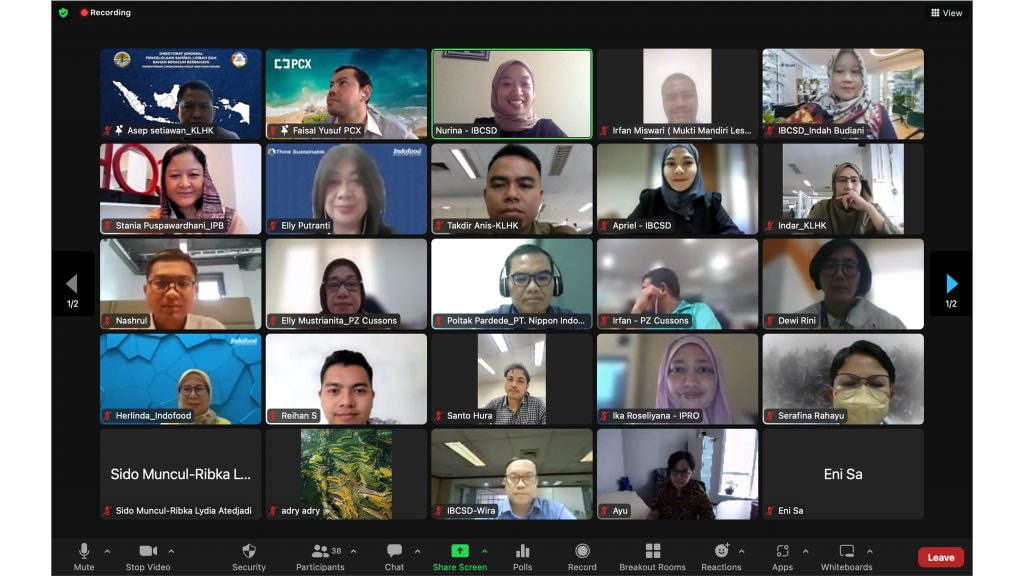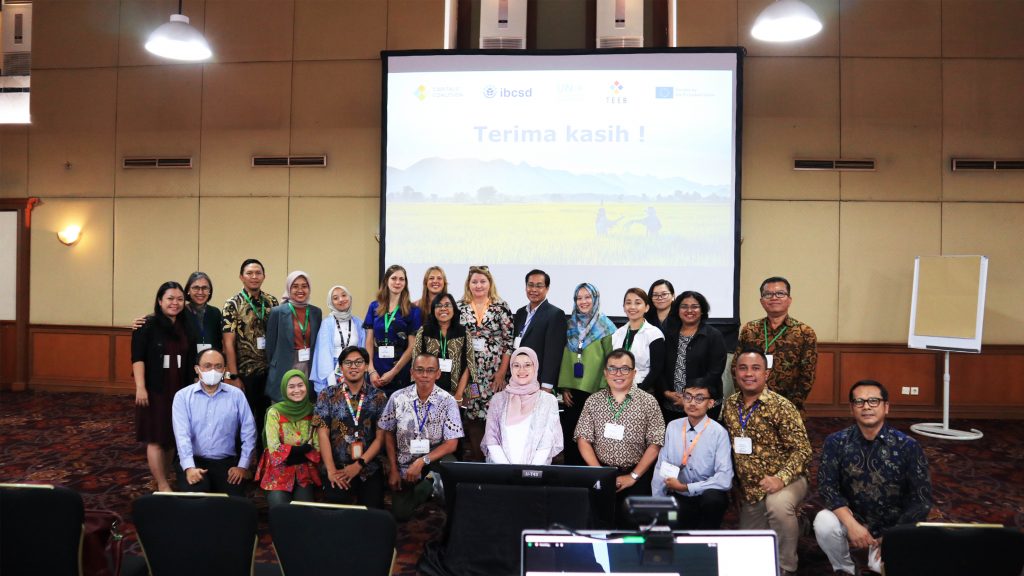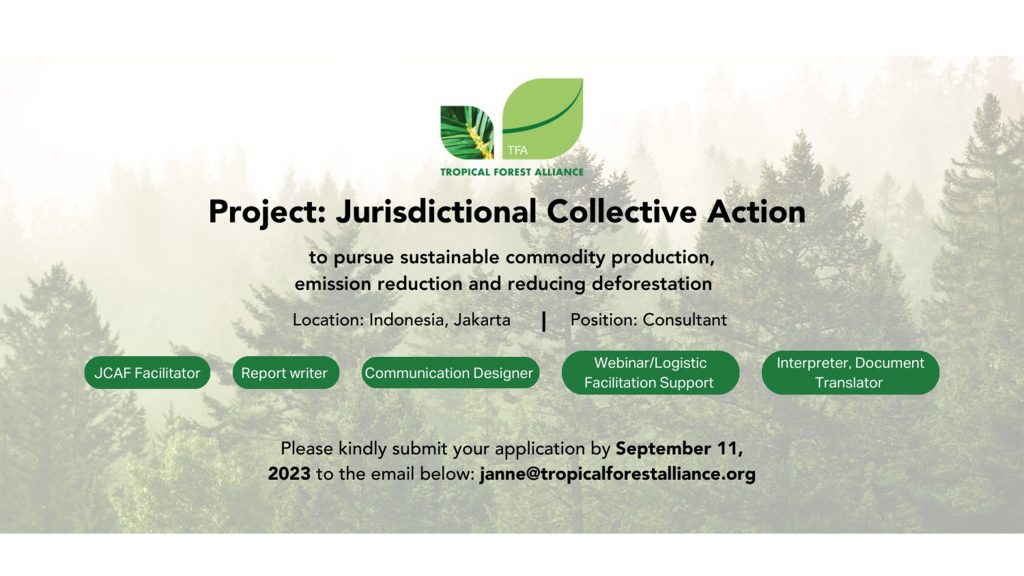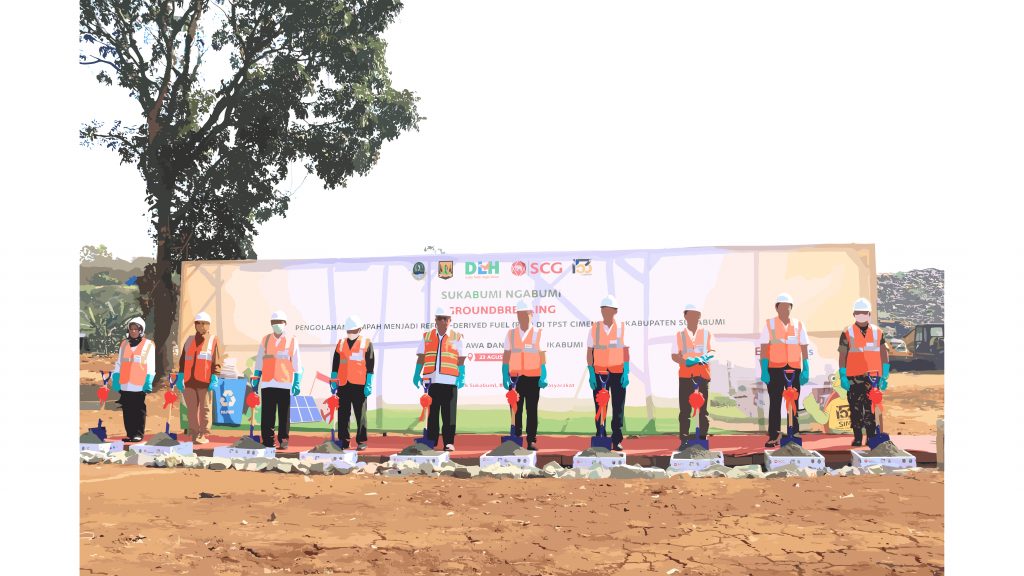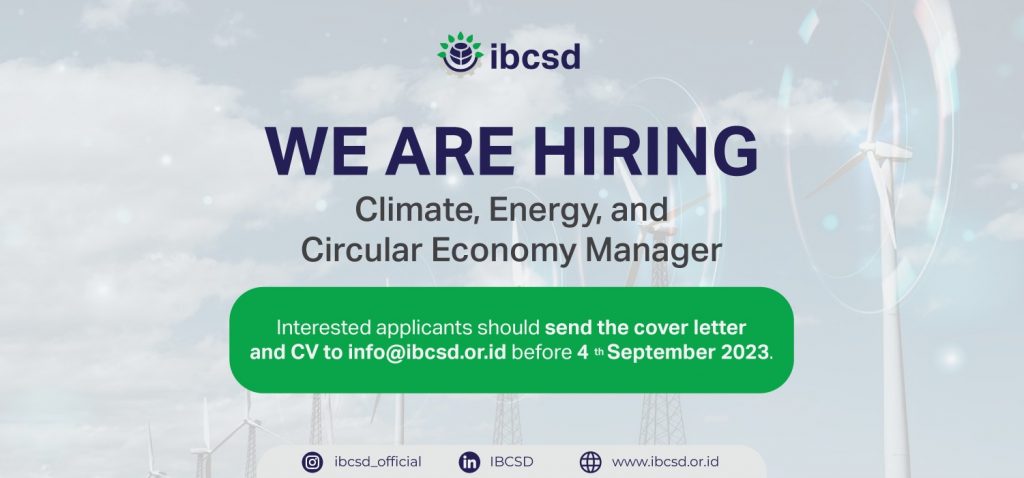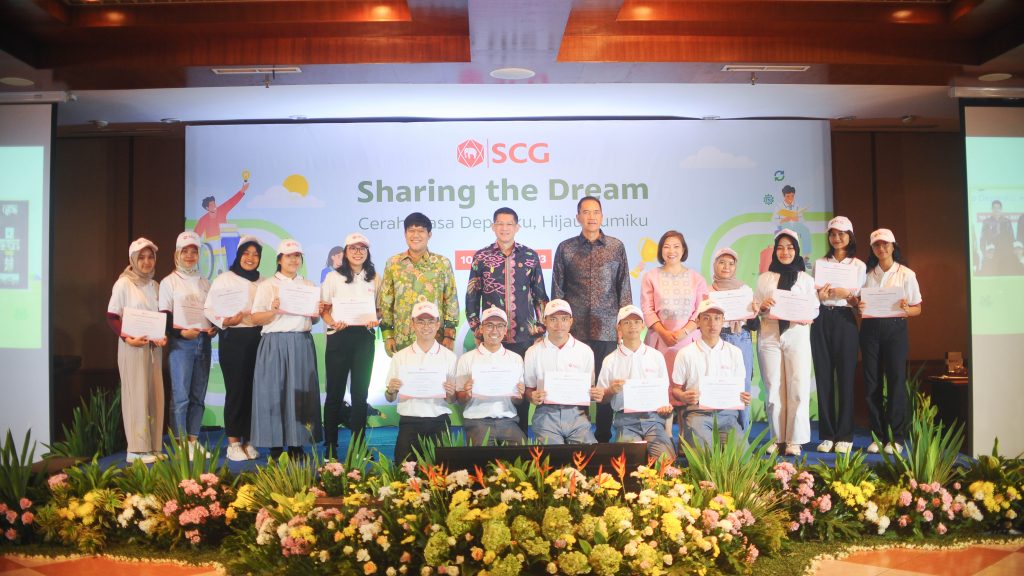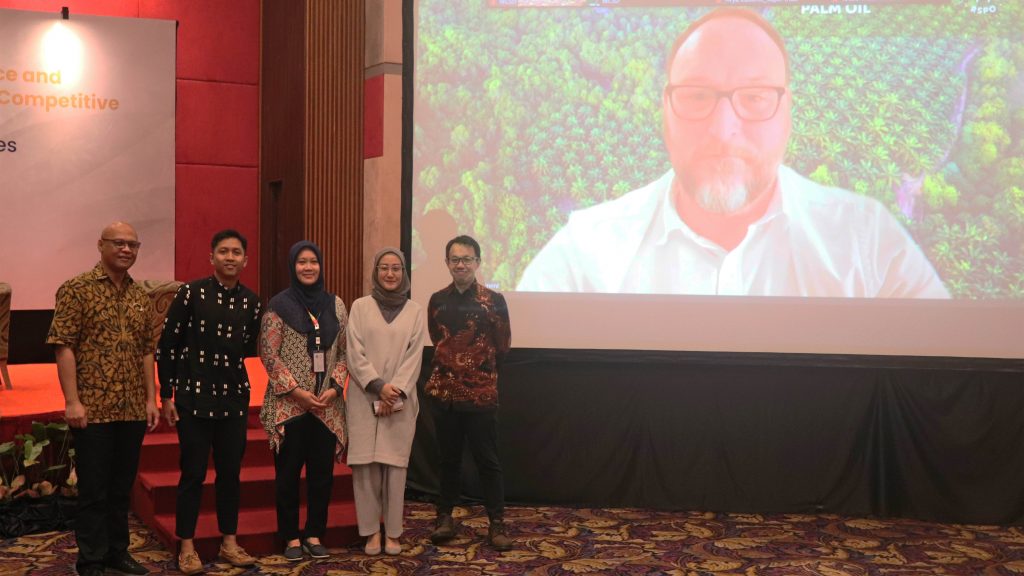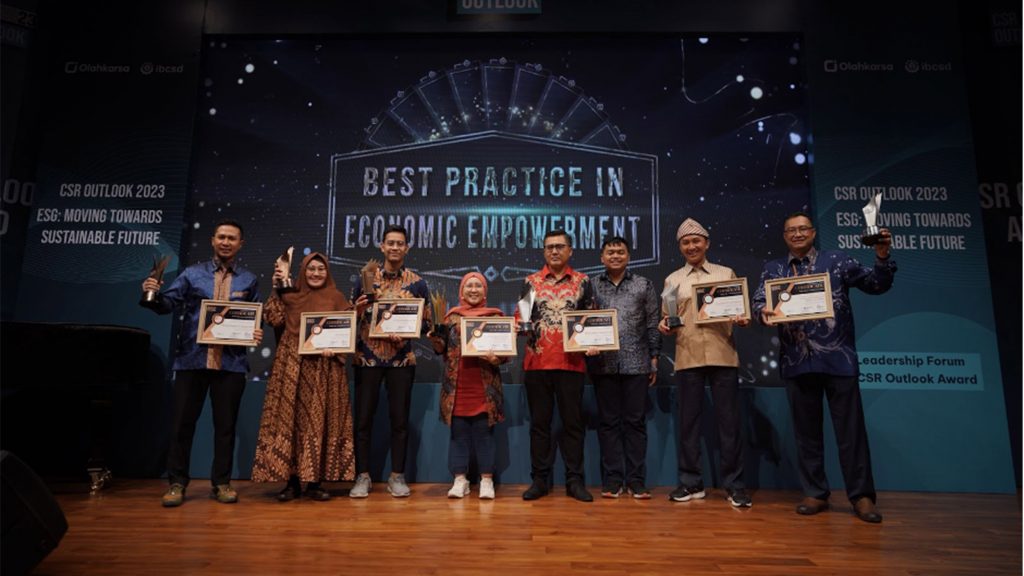The RDF technology at the core of this initiative is a remarkable innovation, transforming Municipal Solid Waste (MSW) into a valuable renewable energy source for use in the cement manufacturing process. Notably, this project targets the revitalization of the Cimenteng landfill, a site currently tasked with managing waste from 27 sub-districts, amounting to an overwhelming 220 tons per day, exceeding its designated capacity. The RDF technology will not only facilitate the sorting and preprocessing of waste but will also provide a transformative solution for managing the accumulated waste at the landfill. The hazardous waste and other materials will be separated, and the resulting RDF products will be utilized as an alternative fuel, effectively replacing coal in the production process of SCG Cement.
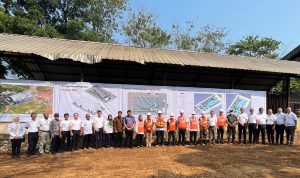
Standing in front of the RDF construction area, Regent of Sukabumi; President of SCG’s Green Circularity Business, Visut Chongcharoenkit; Country Director of SCG in Indonesia, Warit Jintanawan; President of PT Semen Jawa, Somchai Dumrongsil; President of UAC in Indonesia; Head of West Java Environment Office; Head of Sukabumi Environment Office; Vice Chairman of DPRD; and Secretary of Sukabumi Regency (23/8).
This project is indicative of a shared vision between SCG and the Sukabumi District Government, jointly working towards reducing waste and harnessing the potential of renewable energy sources. The initiative is projected to effectively manage 330 tons of waste daily and produce an impressive 100 tons of RDF products, serving as an eco-friendly substitute for coal in SCG Cement production. With construction set to commence in 2023 and full operational capability anticipated by 2024, PT Semen Jawa’s pioneering commitment to environmental responsibility becomes manifest, aligning with the ESG (Environmental, Social, and Governance) framework.
Marwan Hamami, the Regent of Sukabumi, expressed his appreciation for SCG’s involvement in advancing sustainable waste management solutions. RDF technology, he believes, will wield a positive influence on the environment and the community, contributing to the realization of waste reduction targets and establishing an advanced waste management system. Prima Mayaningtias, Head of the West Java Provincial Environment Agency, commended the collaboration and aspired that RDF technology will reduce waste volume at the Cimenteng landfill by an impressive 30-40%.
This transformative RDF technology initiative represents a significant step forward in SCG’s dedication to its ESG 4 Plus principles. These principles encompass achieving net-zero emissions, crafting eco-friendly products, reducing social inequalities, and fostering collaborations with stakeholders. As the world grapples with increasingly complex environmental challenges, SCG’s pioneering efforts in Sukabumi offer a tangible example of the remarkable impact that private and public sector collaboration can achieve. This endeavor is not just a local milestone; it is a profound contribution to global sustainability efforts, showcasing SCG’s commitment to shaping a more sustainable future for both society and the environment.
Chakkapong Yingwattanathaworn, the President Director of PT SCG Indonesia, emphasized that the development of RDF technology is a tangible manifestation of SCG’s ESG 4 Plus principles, focusing on the target of achieving net-zero emissions by 2050 and the realization of a green industry through every aspect of the company’s operations.
As the project commences in Sukabumi, it serves as a testament to the power of collaboration between public and private sectors in addressing complex challenges such as waste management and renewable energy adoption. SCG’s commitment to environmental stewardship, technological innovation, and a sustainable future stands as a beacon of hope in a world where such initiatives are increasingly vital for our planet’s wellbeing.

Somchai Dumrongsil, Presiden Direktur PT Semen Jawa: Pembangunan RDF merupakan kolaborasi SCG bersama Pemerintah Daerah Kabupaten Sukabumi. Teknologi RDF ditargetkan mampu mengelola 330 ton sampah/hari dan akan menghasilkan 100 ton produk RDF sebagai bahan bakar pengganti batu bara dalam produksi Semen SCG.
